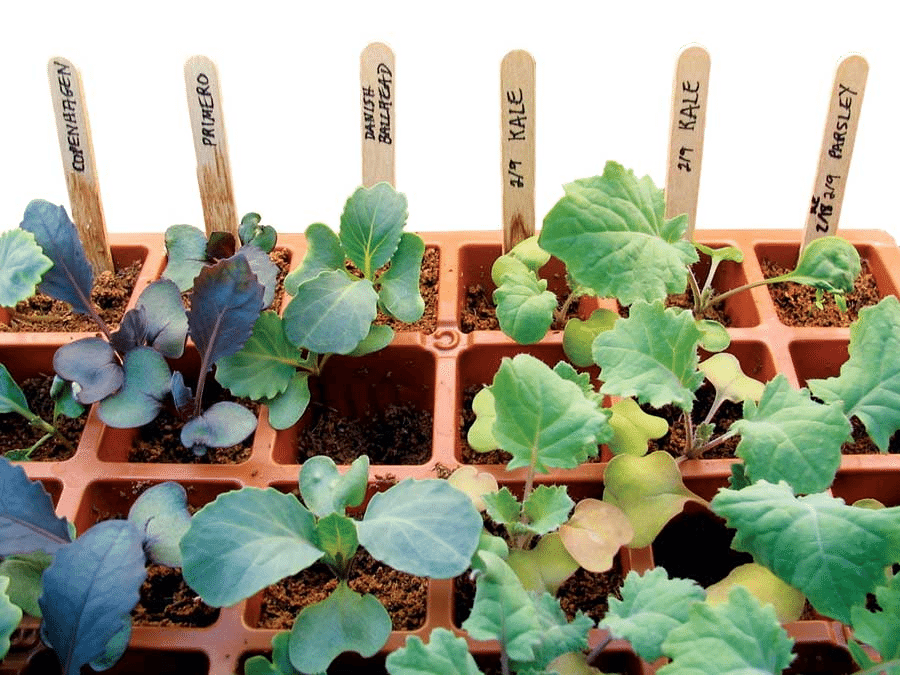THE MORNING SHOW
with
Patrick Timpone
Colin O’Neil
Center for Food Safety Director of Government Affairs
Topic: Dow Chemical’s “Agent Orange†Crops: How We Can Stop It
Over a hundred million additional pounds of toxic pesticides associated with cancers and birth defects are coming to a field near you.
“Agent Orange†crops are genetically engineered by Dow Chemical to promote the use of 2,4-D, one of the herbicides in the toxic mixture Vietnam veteran’s know as Agent Orange. The U.S. Department of Agriculture (USDA) is on the cusp of approval, even though they acknowledge the use of this toxic pesticide will skyrocket.
USDA’s announcement is an outrageous abdication of the agency’s responsibility to protect our health and our food supply. The Obama Administration has ignored the interests and demands of millions of Americans, Members of Congress, scientists, farmers and health professionals.
Last month, over 500,000 people around the country wrote to the Environmental Protection Agency (EPA), and 50 members of Congress sent a letter to USDA and EPA urging the agencies to reject approval of these crops.
Wide scale use of Roundup with Roundup Ready GE crops has already led to an epidemic of resistant weeds, and the next step in the chemical arms race is 2,4-D — a chemical linked to major health problems including cancer, Parkinson’s disease, endocrine disruption, and reproductive problems. Industry tests show that 2,4-D is contaminated with dioxins—often referred to as the most toxic substances known to science. EPA has reported that 2,4-D is the seventh largest source of dioxins in the U.S.
Larissa Walker
Center for Food Safety Pollinator Campaign Director
Pollinators and Pesticides: What’s Happening to Our Bees and What We Can Do About It
One of every three bites of food we eat is from a crop pollinated by honey bees. Yet, over the past decade, we have witnessed an alarming decline in honey bee populations across the world. During this time, there have been dozens of published, peer-reviewed scientific studies linking bee declines to pesticide use – illustrating the overwhelming effects that toxic chemicals are having not just on honey bees, but also on native bees and other critical beneficial insects. Even though the European Union has taken action and implemented a ban on the use of certain pesticides detrimental to pollinator species, our environment and our future food security, the U.S. still allows for their use.
Specifically, the pesticides linked to pollinator declines are a group of insecticides called neonicotinoids. Unlike traditional pesticides that are typically applied to the surface of plants, neonicotinoids are systemic – meaning they are absorbed and then spread throughout the entire plant. One way honey bees and other pollinators are exposed to these unique insecticides is through pollen and nectar when visiting plants.
We really enjoy receiving the newsletter in our inbox from The Center for Food Safety and encourage you to sign up for this FREE information. The Center for Food Safety website is very easy to navigate, making getting involved, signing petitions and writing letters to our leaders extremely easy. Together, we can make the changes to protect our food supply.
The Center for Food Safety
center for food safety on new concerns in food supply, august 18, 2014




'Colin O’Neil & Larissa Walker – Together, We Can Protect Our Food, Our Farms, and Our Environment – August 18, 2014' has 1 comment
August 20, 2014 @ 8:57 am Galina
Patrick you are a smart person – this conversation is again avoiding the root cause of the problem: stop the wars that this country engaged in for to protect paper money the GMO will dissolve on its own since it is what financing that. the level these conversations are is same as to talk about of safety drugs to a pharma industry..